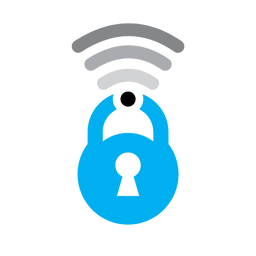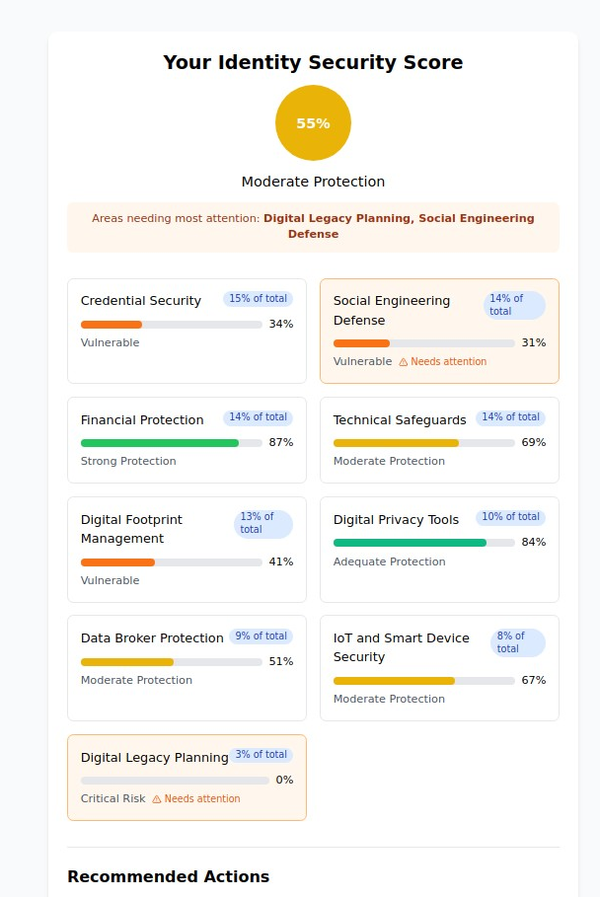Student Loan Forgiveness Scams: Navigating the Risks

As discussions around student loan forgiveness continue to evolve, scammers are exploiting the resulting confusion to deceive borrowers. These scams often involve fake websites or direct contact with individuals, falsely claiming they can facilitate loan forgiveness for a fee. This article delves into the nature of these scams, their warning signs, and how borrowers can protect themselves.

Understanding Student Loan Forgiveness Scams
Student loan forgiveness scams take advantage of the uncertainty surrounding changes in loan policies. Scammers typically pose as legitimate entities, using official-sounding names, seals, and logos to appear credible. They may promise expedited loan forgiveness or cancellation, often requiring upfront payments or personal information under false pretenses.
Common Tactics Used by Scammers
- Unsolicited Communication: Scammers often initiate contact through spammy emails, phone calls, or text messages, claiming eligibility for loan forgiveness programs. These communications may use aggressive language to create urgency, such as "Act immediately to qualify for forgiveness before the program ends" or "Your loan is flagged for forgiveness pending verification"[2][3].
- Fake Websites and Applications: Fraudsters create websites that mimic official government sites, asking for personal and financial information. They may also charge fees for submitting applications, which are typically free when done through legitimate channels like StudentAid.gov[6].
- Requests for Personal Information: Scammers might ask for sensitive information, such as Social Security numbers or FSA ID credentials, under the guise of verifying eligibility. Legitimate organizations will never request such details over unsolicited communications[3][6].

Red Flags to Watch For
- Fees for Services: Any request for payment to process loan forgiveness applications is a clear sign of a scam. Legitimate forgiveness programs do not require fees[6].
- Pressure Tactics: Scammers often use high-pressure tactics to rush victims into making decisions without proper verification[8].
- Unverified Contact Information: Emails or calls from unofficial addresses or numbers should be treated with suspicion. Always verify the source by contacting your loan servicer directly through official channels[3].
Protecting Yourself from Scams
- Verify Communications: Always verify any communication regarding student loans by contacting your loan servicer directly through official means. Do not rely on contact information provided in unsolicited messages[9].
- Use Official Resources: Apply for loan forgiveness only through official government websites like StudentAid.gov. Avoid third-party websites or individuals offering to apply on your behalf[6].
- Monitor Your Accounts: Regularly check your loan accounts and credit reports for any unauthorized activity. Consider setting up alerts for suspicious transactions[2].
- Report Scams: If you suspect a scam, report it to the Federal Trade Commission (FTC) and the Consumer Financial Protection Bureau (CFPB). This helps authorities track and combat fraudulent activities[3][8].

Conclusion
Student loan forgiveness scams prey on the hopes and confusion of borrowers seeking relief. By staying informed and cautious, individuals can protect themselves from these fraudulent schemes. Always rely on official sources for information and be skeptical of any offer that seems too good to be true.
Citations:
[1] https://studentaid.gov/manage-loans/forgiveness-cancellation
[2] https://lifelock.norton.com/learn/fraud/student-loan-forgiveness-scams
[3] https://studentaid.gov/articles/avoid-student-loan-forgiveness-scams/
[4] https://www.scamwatchhq.com/2024-trending-scams/
[5] https://www.nerdwallet.com/article/loans/student-loans/how-to-get-student-loan-forgiveness-in-2024
[6] https://www.apgfcu.com/post/student_loan_forgiveness_scams_four_red_flags_to_watch_for.html
[7] https://studentaid.gov/articles/student-loan-forgiveness/
[8] https://www.cbsnews.com/news/student-loan-forgiveness-scams-are-surging-october-repayment/
[9] https://www.experian.com/blogs/ask-experian/the-latest-scams-you-need-to-aware-of/








